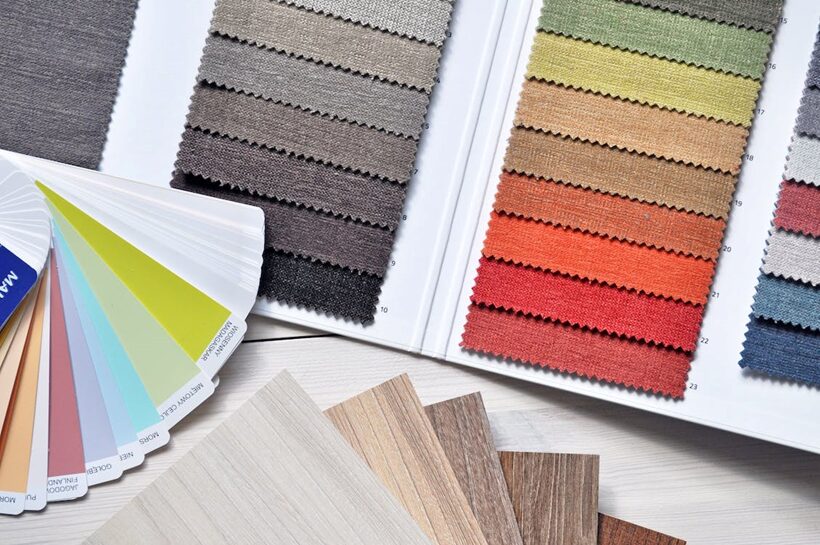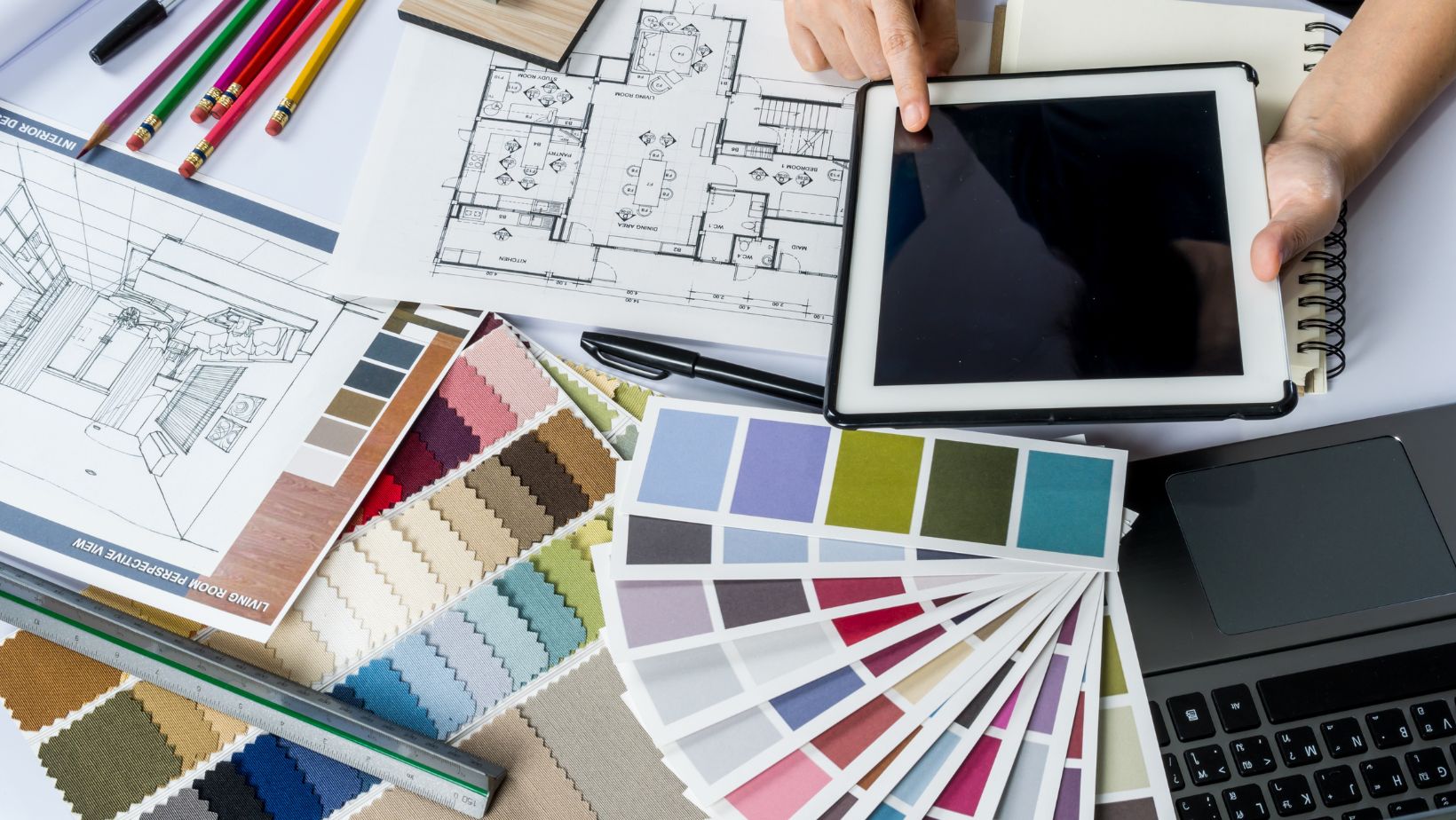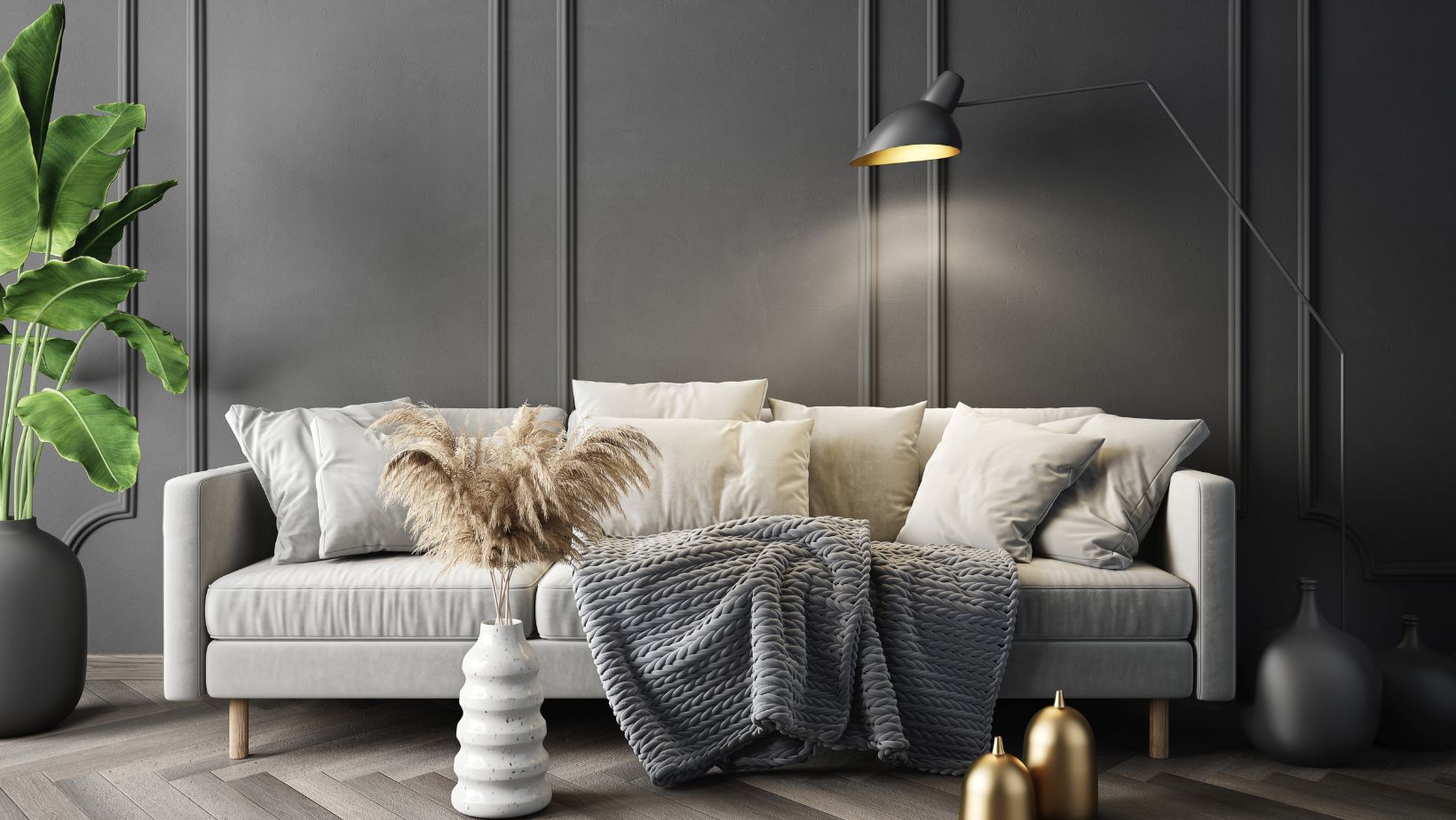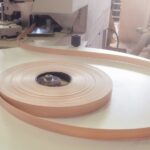
Becoming a good interior designer requires a blend of creativity, technical skills, and interpersonal abilities. It’s not just about having a knack for choosing colors or arranging furniture; it involves understanding how to create functional and aesthetically pleasing spaces that meet clients’ needs.
Successful interior designers combine artistic vision with practical skills like project management and knowledge of design software. They also need strong communication skills to understand and interpret clients’ desires and effectively collaborate with other professionals.
Read on to learn more about the skills you need to become good at interior design.
Communication Skills
Communication skills are essential for a good interior designer because they facilitate clear interactions with clients, contractors, and vendors. Designers need to understand client needs and preferences, whether is is a gaming room to play at an online casino or a lounge for relaxing. They need to convey design ideas effectively and explain technical details.
Strong communication helps in managing expectations, resolving conflicts, and collaborating with various stakeholders throughout the design process. Additionally, presenting ideas through sketches or mood boards requires the ability to articulate concepts clearly, ensuring that everyone involved is aligned with the vision for the project.
Courses and Digital Learning
One of the first things you should do if you want to become a good interior designer is to make use of digital learning and courses. While you may have a knack for Design and a keen eye when it comes to decorating a room, it is always a good idea to learn the foundations of interior design and the design principles so that you can deliver the best outcome to your client.

Not only can you learn the foundational knowledge that courses provide about design principles, color theory, and spatial planning, but you can also learn technical skills such as how to use software tools, which are crucial for creating professional designs and presentations.
Continually taking courses even whilst you are a fully trained interior designer is one of the best ways to keep updated on the latest trends, materials, and technologies in the field. Not to mention, educational programs often facilitate connections with industry professionals which can lead to job opportunities and collaborations.
Attention To detail
If you want to be an interior designer, knowing how to pay attention to detail is a great skill. It will ensure that accurate measurements and proportions can create a balanced and harmonious space.
This attention to detail helps in choosing of right the right materials and finishes that fit the design concept and functional needs. I’m paying attention to detail it will allow for a careful selection of color schemes that enhance the overall aesthetic and mood of the space rather than detract from it.

The ultimate goal when it comes to interior design is client satisfaction. Attention to detail helps in meeting client expectations and preferences which can lead to a higher satisfaction rate. It also ensures consistency and design elements across the different areas of a project and maintains a cohesive look.
Technical Skills
Last but not least, in order to be a good interior designer you need to have technical skills. While most of interior design happens practically when it comes to choosing out fabrics, picking out colors, and making sure that everything looks good, there is a technical element that is conducive to the modern and digital world that we live in.
Most of the time before you start making changes to a space, you need to create a design for this space and this will typically be done on some kind of design software. This is a great way to create detailed floor plans and 3D models that will give your client a very good idea of what kind of outcome they can expect.
It will also help you when it comes to precise space planning and ensuring efficient layouts that optimize functionality. Having knowledge of technical details related to materials and finishes ensures proper selection and application for stop in addition to this understanding technical requirements related to building codes and safety regulations is essential for compliance.












